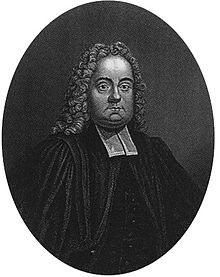Should men's eyes be the measure of God's glory?
Suppose I had two children, and one excelled at everything - music, academics, athletics, the arts - and the other had no distinguishing talent, should I lament the giftings, or lack thereof, in this second child? Will he glorify God less because he is praised of men less?
"God, Who seeth in secret..."
"...for the things which are seen are temporal; but the things which are not seen are eternal."
"...base things of the world, and things which are despised, hath God chosen, yea, and things which are not, to bring to nought things that are: That no flesh should glory in his presence."
Because we see nothing, does that mean God has seen nothing? Because we see nothing of value, does that mean that God has seen no value?
What does God value? We know He values good fruit. It glorifies Him. If we do not see this fruit ourselves, does this mean God is not glorified?
Jesus did say, "Let your light so shine before men, that they may see your good works, and glorify your Father which is in heaven."
But He made it quite clear that that light is not to be our achievements or good deeds. "[Let] thine alms may be in secret:and thy Father which seeth in secret himself shall reward thee openly."
Which child would you be concerned about?

.jpg)








